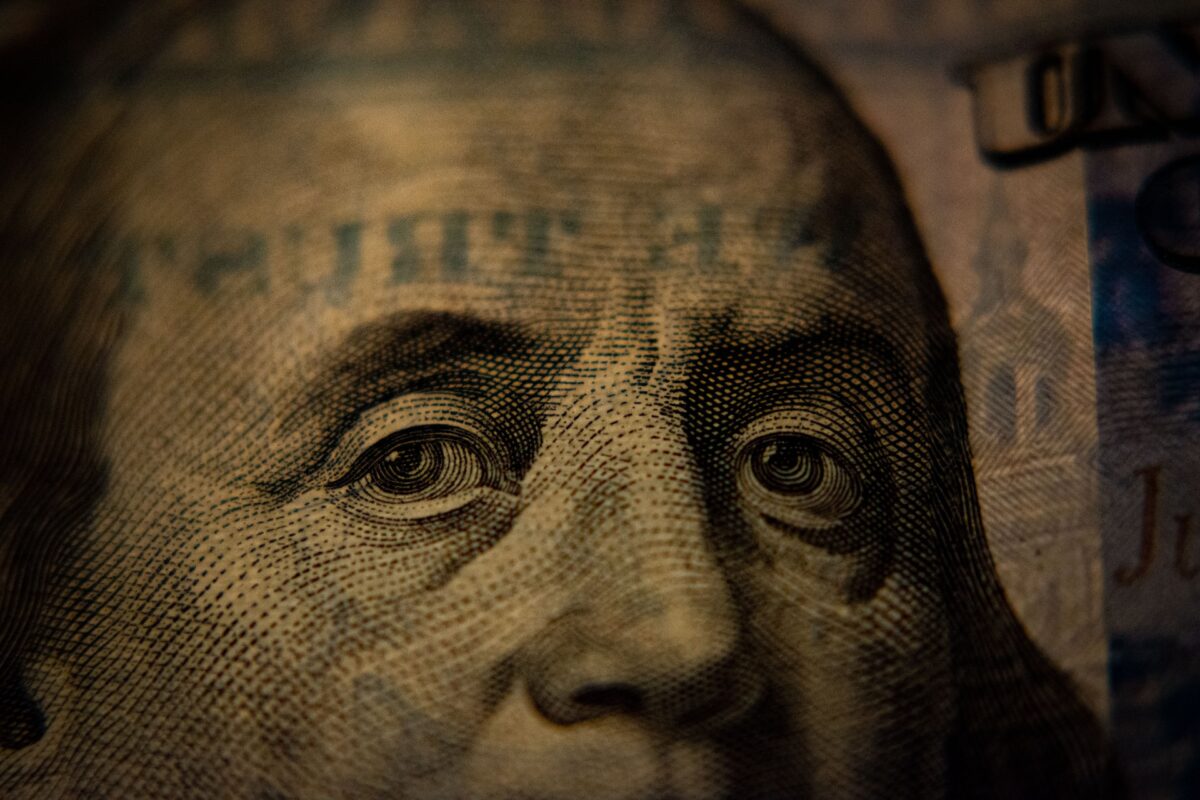Brands have adopted a variety of tactics in response to changing consumer attitudes and behaviors. In the first quarter of 2009, JWT monitored more than 100 brand responses to the recession in our 16th installment to the AnxietyIndex. We found that most approaches fit into six buckets: optimism, humor, nationalism, nostalgia, consumer empowerment and value/price. (Some of these approaches overlap.)
Optimism: During crisis, people learn to live with losses (jobs, homes, savings) and uncertainty, making them more sensitive to what really matters. As in every extreme change and loss situation, people start pondering the meaning of their lives. Brands are taking part in this process by trying to inspire consumers with optimism. Coca-Cola Spain’s “Open Happiness” campaign tackles the meaning of life via the concept “What would you tell someone who has just arrived in the world in times like these? ”While the times might seem dire, Coca-Cola reminds us that the future always offers hope.
There are also two compelling case studies from Argentina that focus on optimism; both campaigns were executed after the country suffered from a period of high unemployment, high inflation and general social instability in the early aughts. Beer brand Quilmes debuted a stirring television spot for the 2002 FIFA World Cup that featured the country’s soccer players cheering on the nation, urging their fellow citizens to pull through and get past the crisis while Aerolineas Argentina’s 2003 campaign focused on the concept of “Argentine-ness”as a powerful social connector.
Humor: Trying to make light of a dismal situation, brands are resorting to all sorts of recession humor, some successfully (Jet Blue poking fun at those who seem most responsible for the financial crisis), others with a thud (Manhattan Mini Storage using recession wordplay to persuade those who must downsize to store their belongings; one ad highlights the “Storagista,”defined as a “city gal who downsizes to a studio and stores to save money”).
Nationalism: Brands are making a point of emphasizing the impact that doing business with them has on the local economy.Take iconic Australian auto brand Holden: With the tagline “Times are a bit tough. But Australians and Holden are tougher,”the brand is trying to leverage national pride to drive affinity with consumers. And in one TV commercial, a Chevrolet dealer compares Toyota and GM, noting that 97.5 percent of GM vehicles sold in the U.S. are made in the U.S. compared with only a little over half (53.6 percent) for Toyota. He ends the spot asking customers to “Consider America’s jobs. Consider America’s future.”
Nostalgia: Anxiety and nostalgia go hand in hand—when times are tough, it’s only natural to seek comfort in memories of what seems like a simpler era. So brands including General Mills’ Trix and Cocoa Puffs in the U.S.and Heinz in the U.K., are “retrograding.” Equal parts wit and nostalgia, one ad for New Zealand soft drink brand L&P walks Kiwis through a classic childhood summer before reminding them that “You were there, and so was L&P.”
Consumer Empowerment: Brands are providing consumers with choices (payment plans, different sizes, etc.), making them feel they have greater control. NatWest in the U.K., for example, is highlighting the bank’s MoneySense financial advisers. E*Trade’s talking babies campaign in the U.S. acknowledges the rough economy and tanking 401Ks and urges consumers to “take control.”
Price And Value: With consumers making all sorts of value assessments in response to anxiety, it’s no surprise that the vast majority of recession-related work we’ve observed revolves around value and price. Everyone from airlines, fast-food restaurants and retailers to automakers,packaged-goods purveyors and real estate properties is rolling out price promotions, savings or discounts, as well as value or “more for less” messaging, to motivate consumers to buy in this depressed economy.
Methodology
The 16th installment of the JWT AnxietyIndex was fielded in February and March 2009, using SONAR, JWT’s proprietary online research tool.The online survey polled 1,065 American adults,1,004 Britons, 992 Canadians, 983 Australians, 500 Brazilians, 500 Japanese, 205 Russians and 203 Spaniards. Data was weighted by age, gender and household income based on government population statistics
The Blake Project Can Help: Get actionable guidance from experts on Brand, Growth and Retail strategy.
Branding Strategy Insider is a service of The Blake Project: A strategic brand consultancy specializing in Brand Research, Brand Strategy, Brand Growth and Brand Education





One comment
Jack Yan
June 23, 2009 at 10:19 am
I enjoyed this piece, especially its relative newness and its international aspect. It shows that many of these reactions are universal.
Comments are closed.